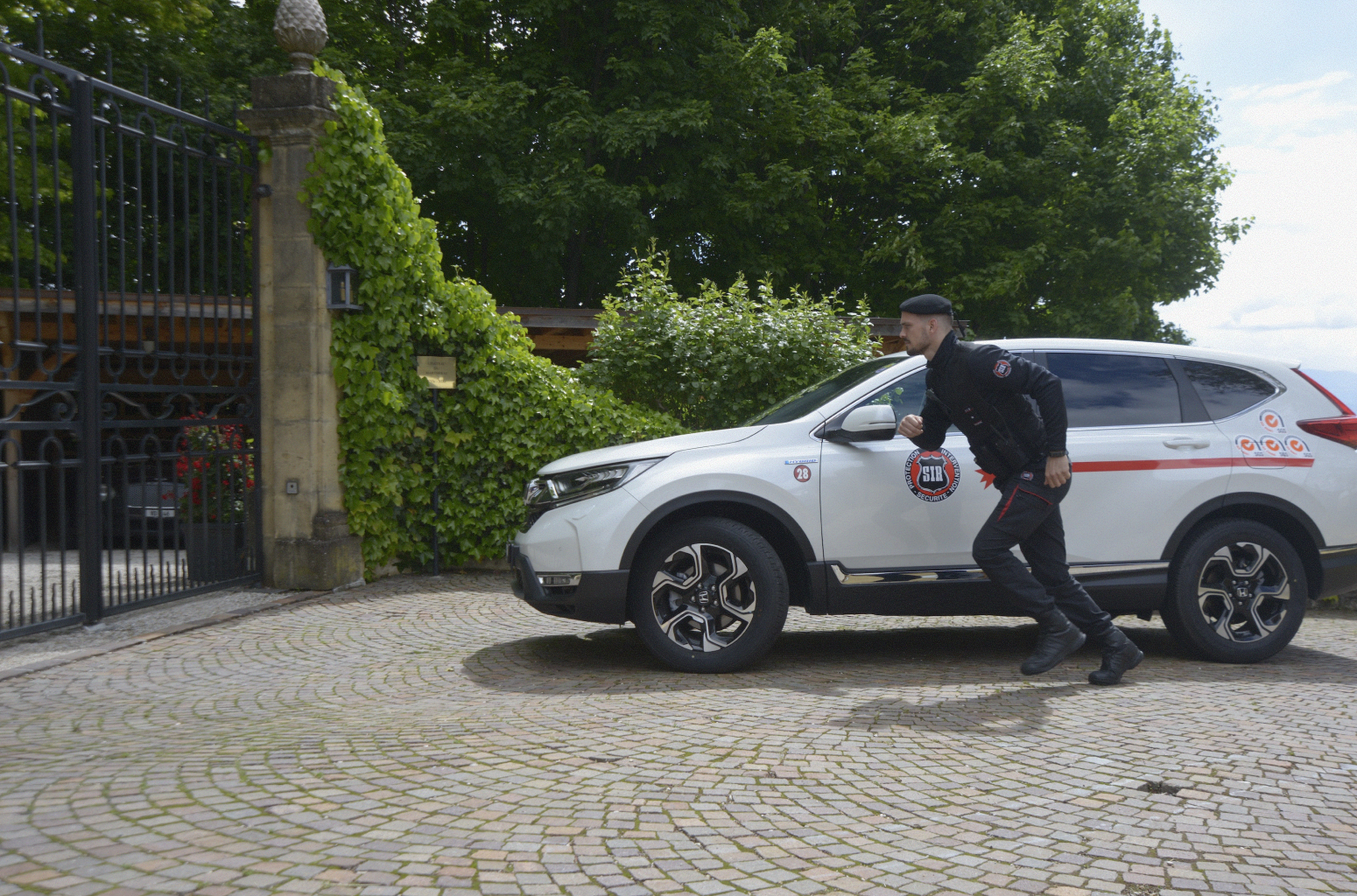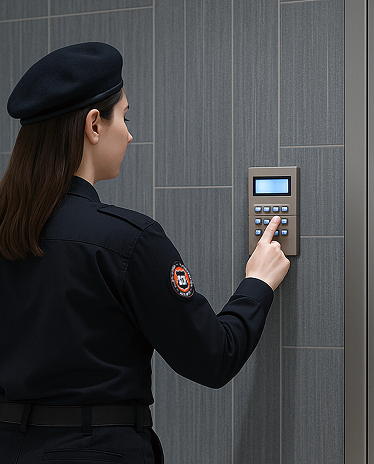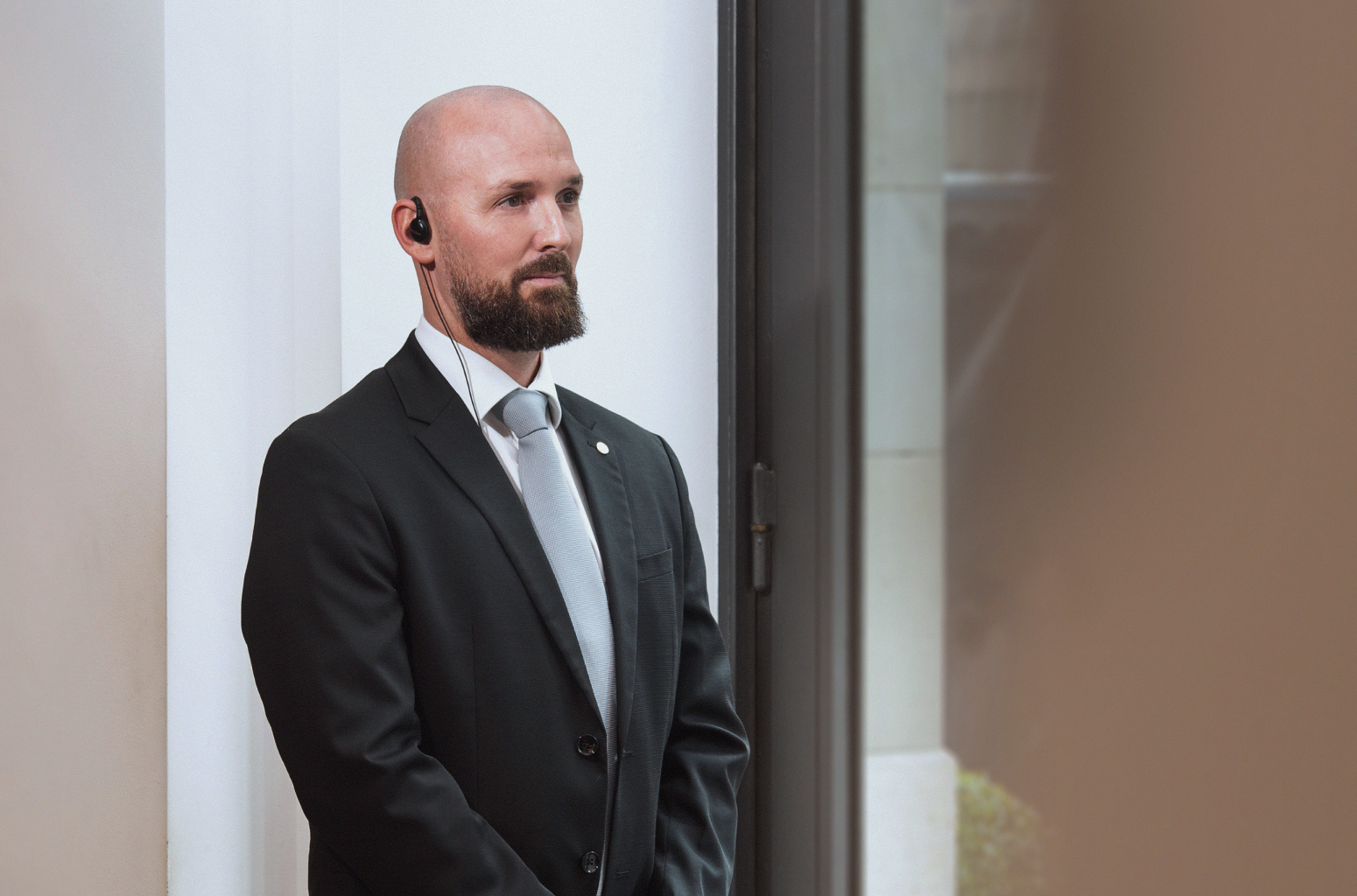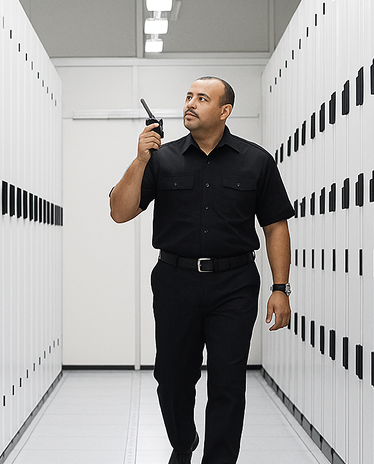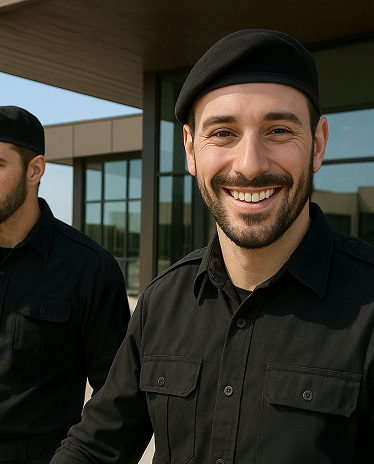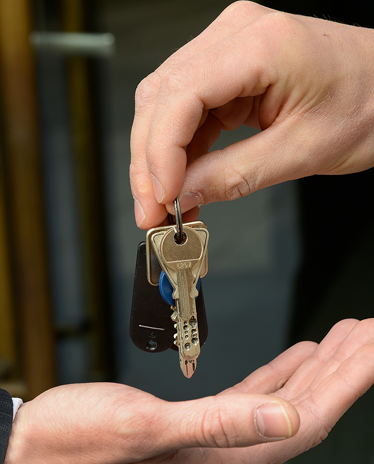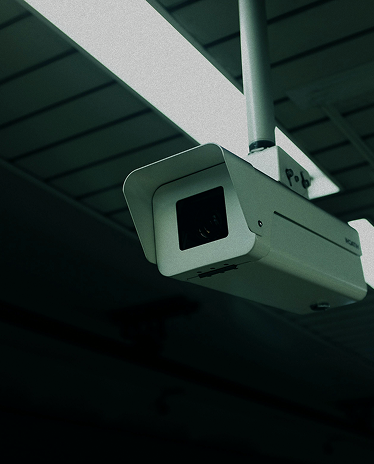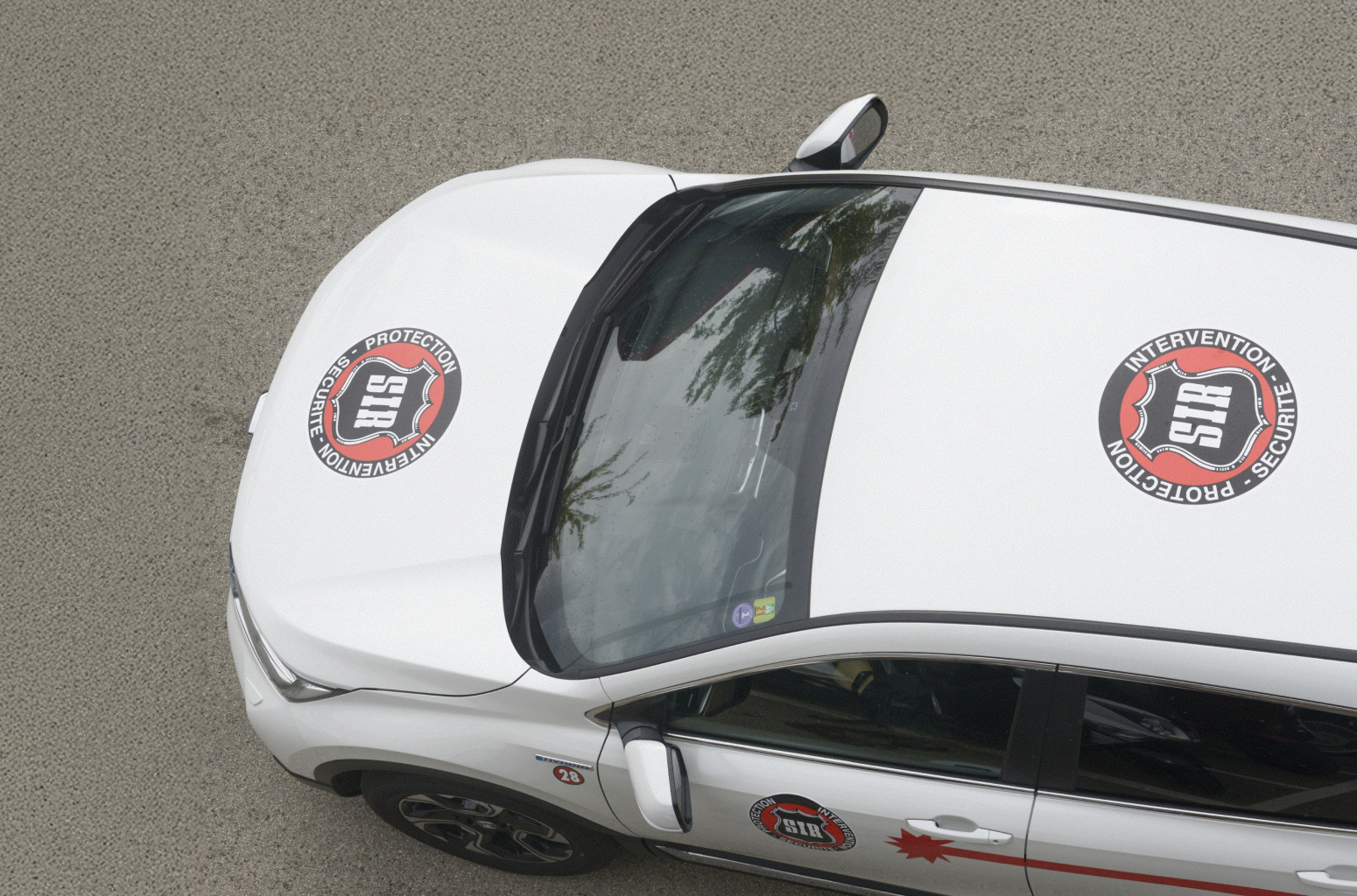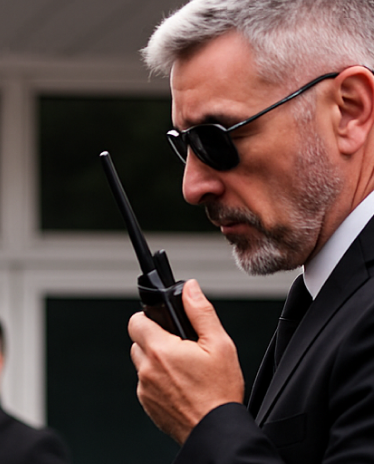The difference between a label and a standard?
A standard defines requirements to ensure the suitability of materials and services. Standards guarantee safe, high-quality products. For companies, they lower costs and increase productivity. A label indicates the qualification of a product or service, reinforcing our commitment to quality and demonstrating its superior quality.
What would you like to find?
ISO 9001 standard
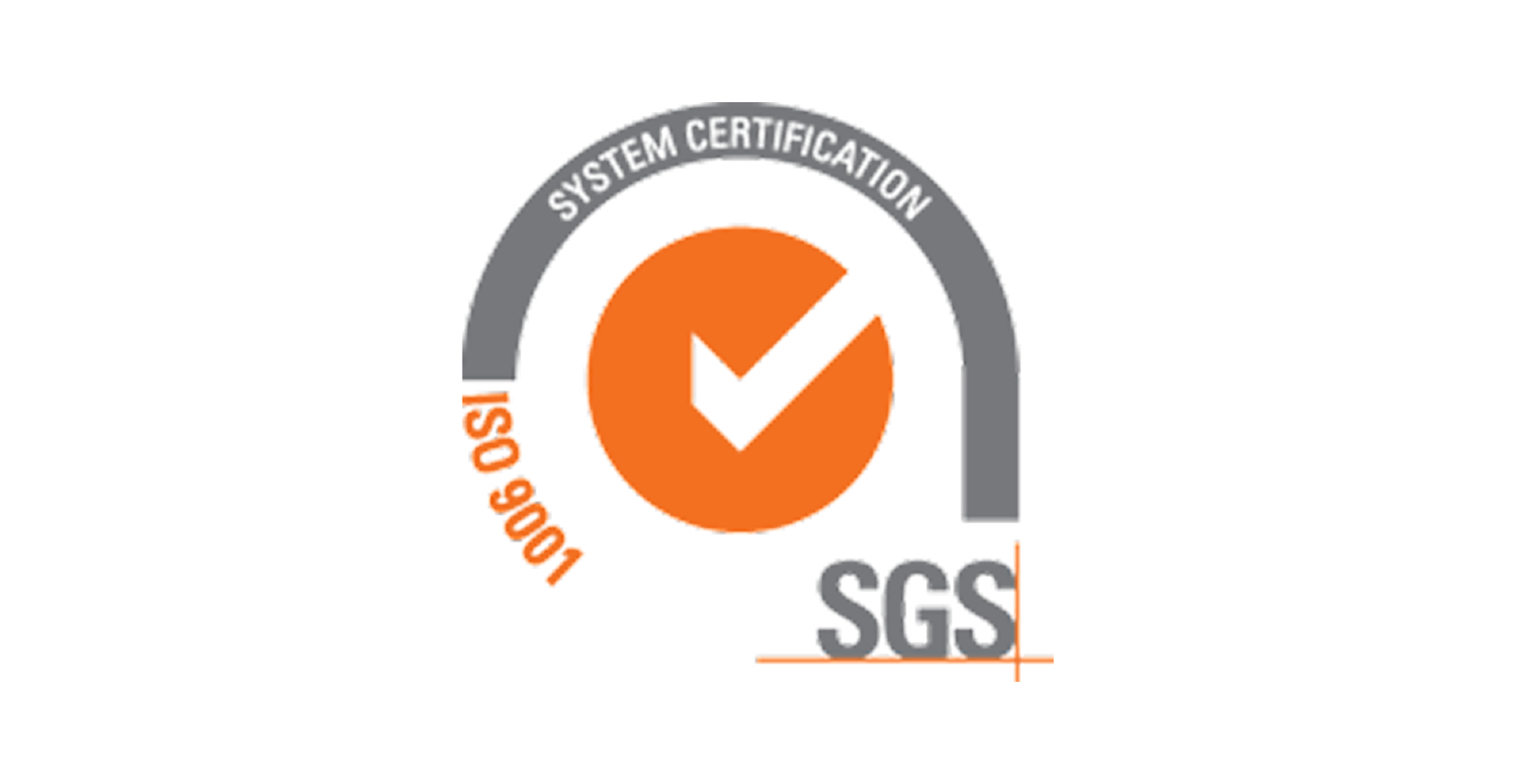
ISO 14001 standard

ISO 45001 standard
ISO 21001 standard
ISO 29990 certified since 2013, SIR is taking a further step by converting to the new ISO 21001 standard.
The aim of this certification is to respond to quality issues and to enhance the quality of the training provided. This certification is proof that our SIR Academy has a specific management system for training and its continuous improvement: determination of learning needs, training design, observable or measurable knowledge, understanding, skills, attitudes, assessments and management are all highlighted.
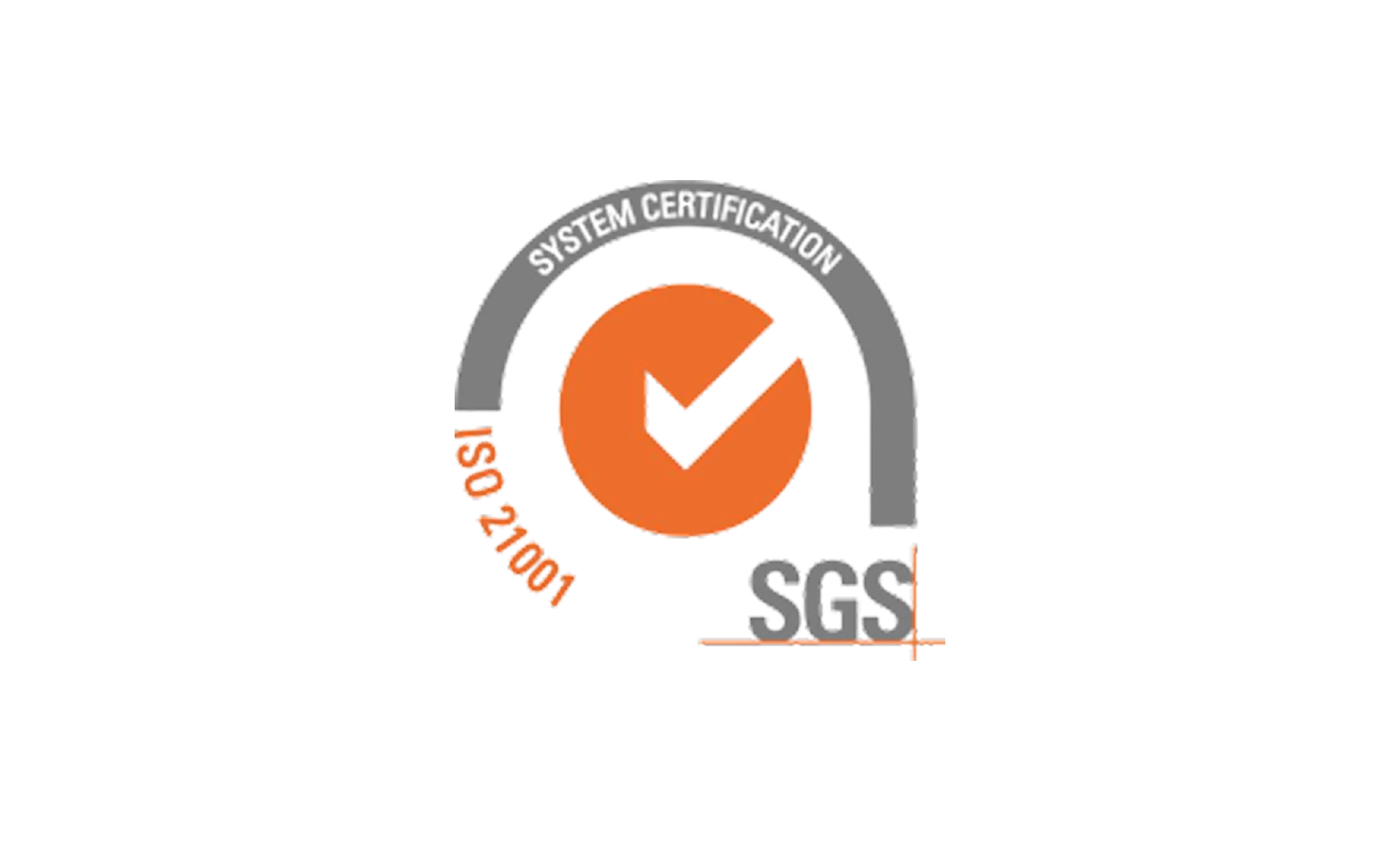
EN 50518 standard
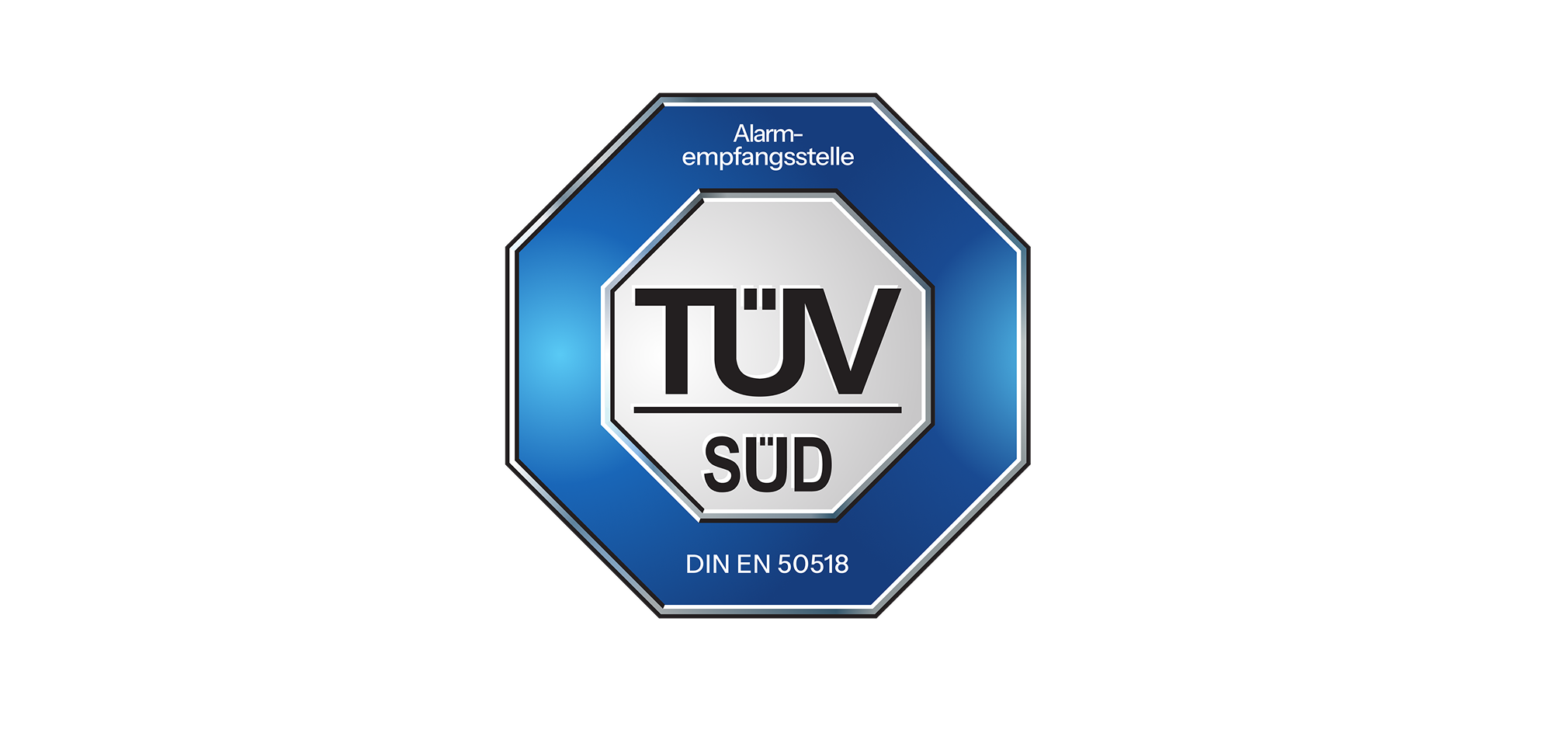
EduQua label
This label was developed to demonstrate the quality of continuing education providers.
It offers certified institutions the advantage of positive repercussions on quality management, and improves their image in the eyes of their customers.
To obtain the eduQua label, an institution must prove that its trainers have appropriate formal qualifications in their specific field. They must also be competent adult educators. The institution must guarantee and develop its continuing education offerings on the basis of criteria such as transparency, quality and coherence. EduQua indicators are used to verify the implementation of label requirements, and standards define which requirements must be met.
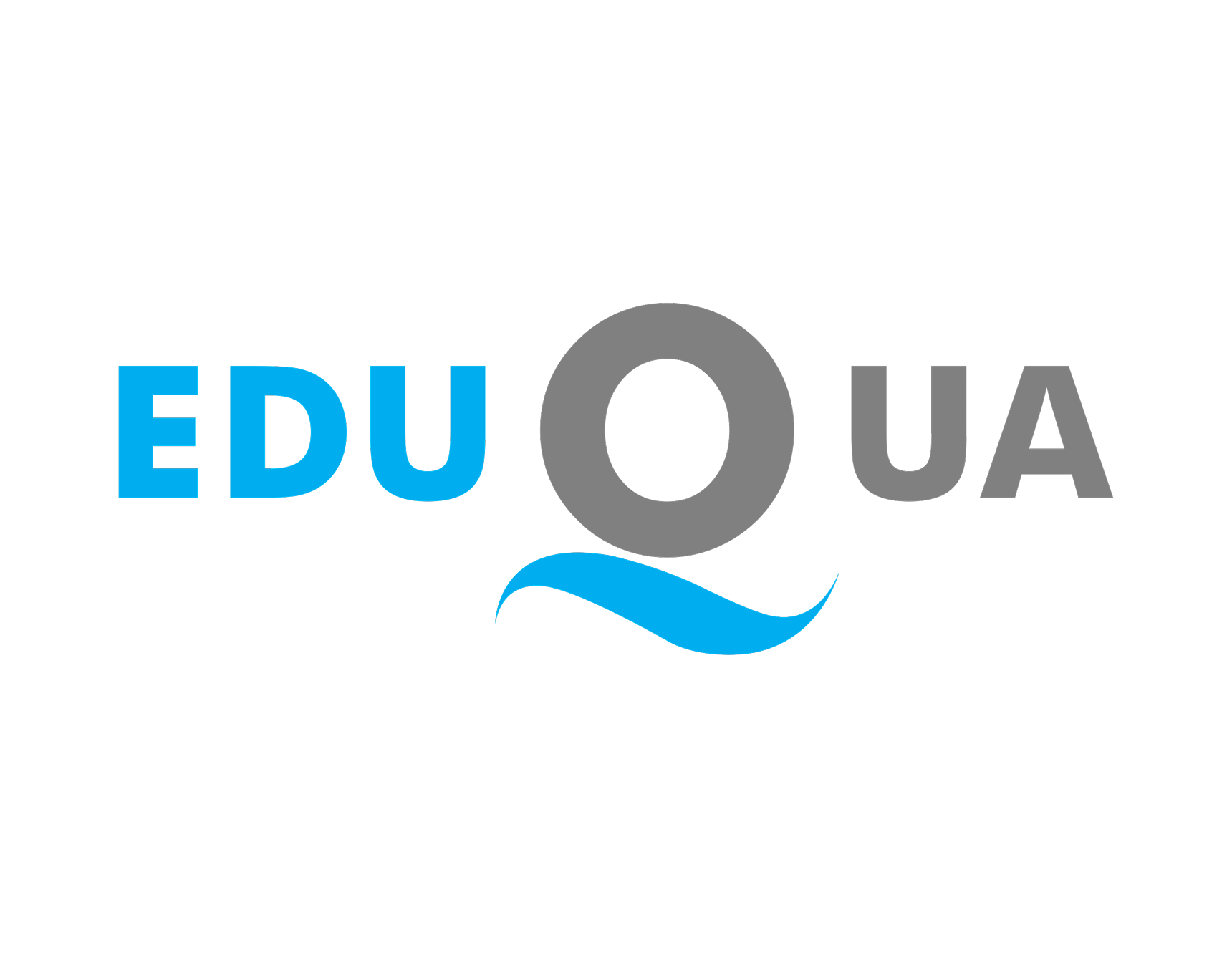
SRC label
The Swiss Resuscitation Council (SRC) aims to promote first aid in Switzerland and strengthen the chain of survival.
This independent association, founded in 2000, has set up a label to harmonize first aid practices.
The SRC quality label certifies that the content of a first aid course complies with the international consensus on resuscitation and with SRC guidelines. SIR has become a company recognized by the SRC for its BLS AED-certified 1st aid training. This quality label validates first aid training in Switzerland and proves that SIR complies with SRC guidelines.
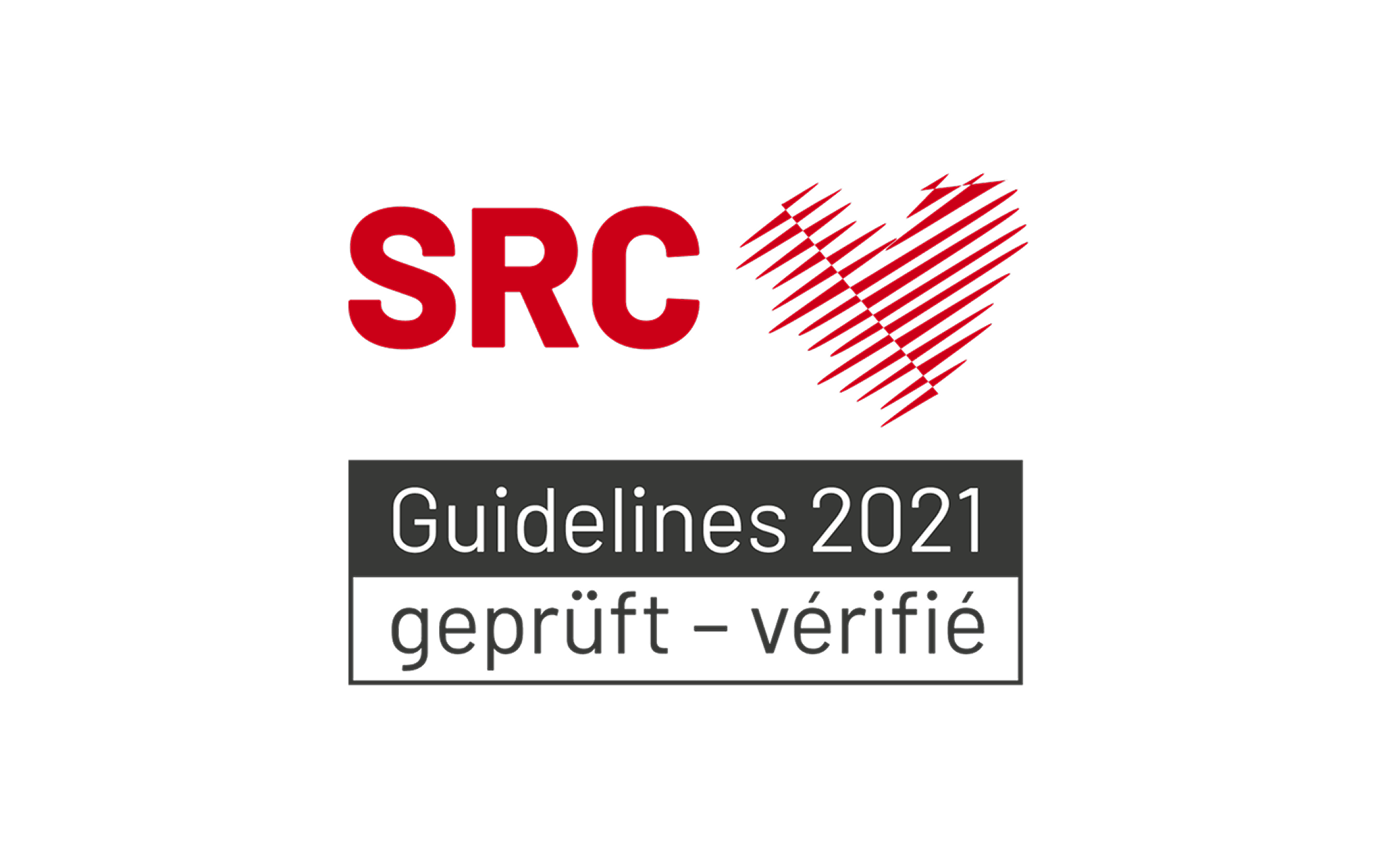
Label for training companies
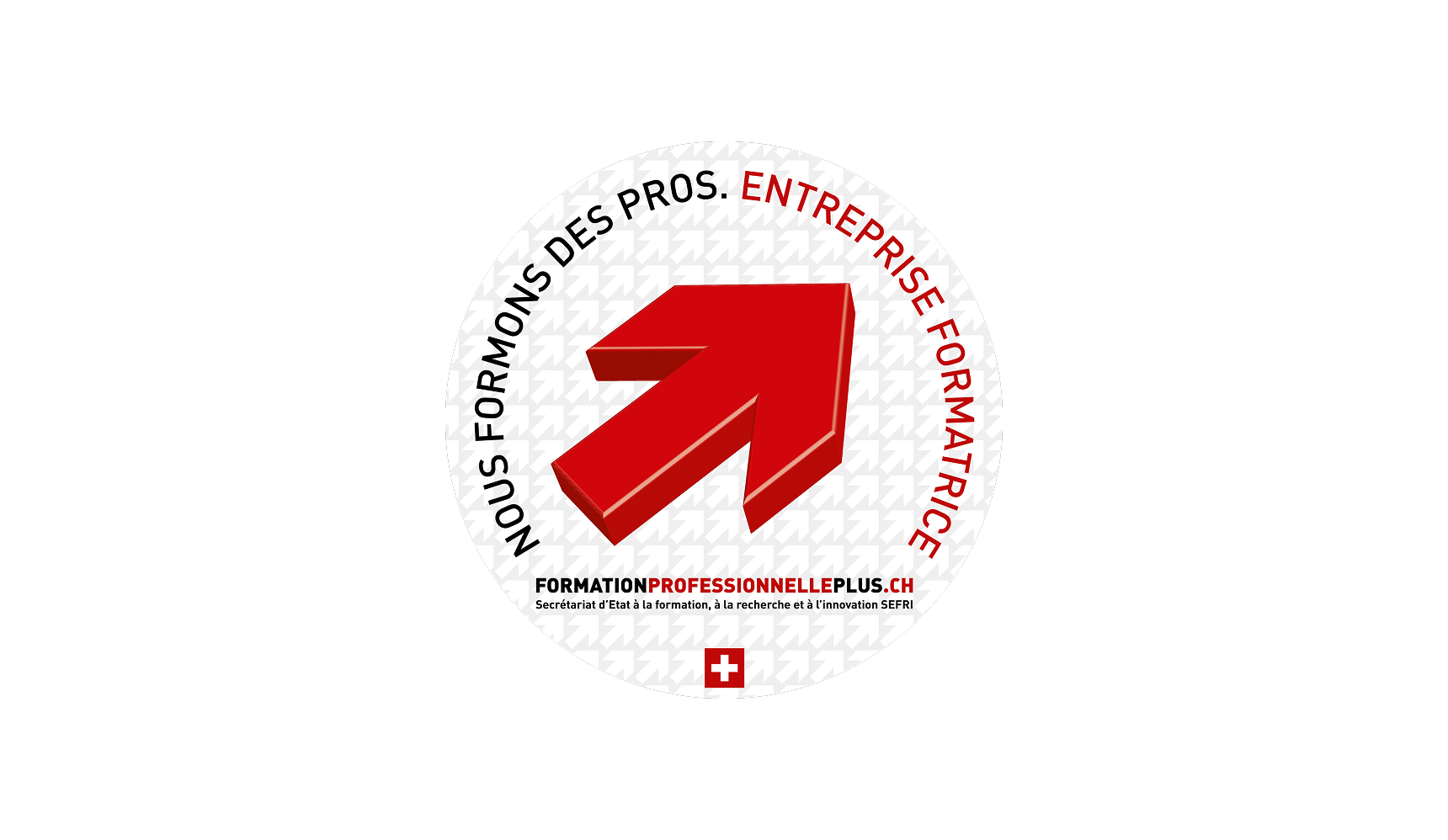
Fair-ON-Pay label
This analysis enables us to check whether the federal government’s current requirements in terms of pay differentials are being met using the federally recognized Logib instrument.
This distinction enables companies to position themselves on the market as modern, fair employers. Our salary policy has always respected the principle of equal pay for work of equal value. It was with complete transparency that we submitted our salary data to Comp-on for an in-depth analysis of our compensation practices, with the aim of obtaining the Fair-on-Pay Advanced label. This certification attests to our proactive approach to ensuring fair compensation within our company. By going beyond established standards, we are committed to creating an environment where everyone is recognized and remunerated at their fair value.
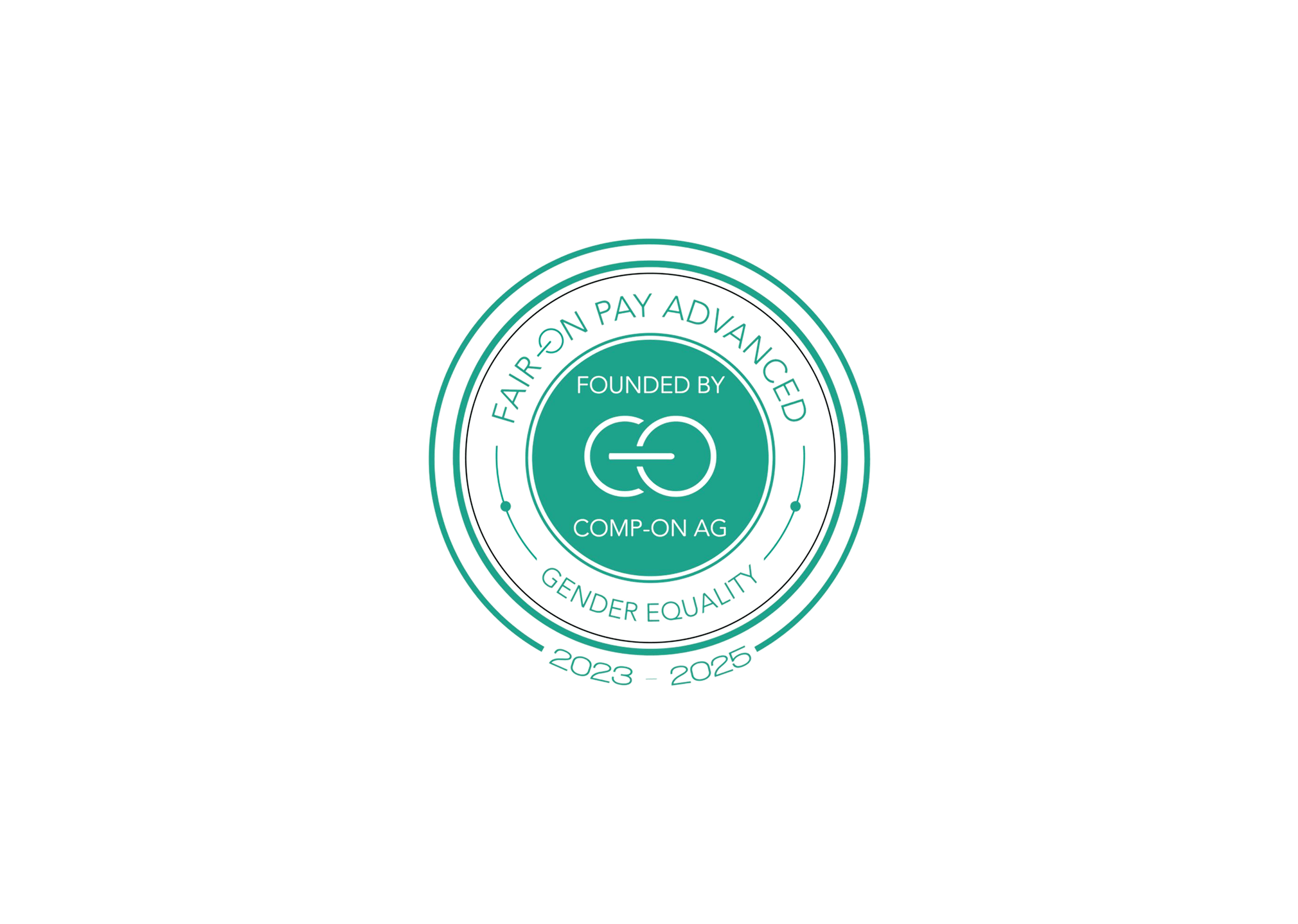
“Partner Employer” label
In 2024, SIR was awarded the “Partner Employer” label, symbolizing our commitment to firefighters.
This commitment is sealed by the signature of an employer charter.
By signing this agreement, SIR undertakes to release its administrative staff who are members of a Vaud volunteer fire department from their professional obligations in the event of an emergency or exercise, in accordance with the terms and conditions defined bilaterally between the firefighters and their superiors. The label, awarded by the ECA, thus testifies to our participation in the perpetuation of the fire and rescue organization, which is essentially based on the militia system, representing 98% of volunteers, particularly at the Gland fire station.
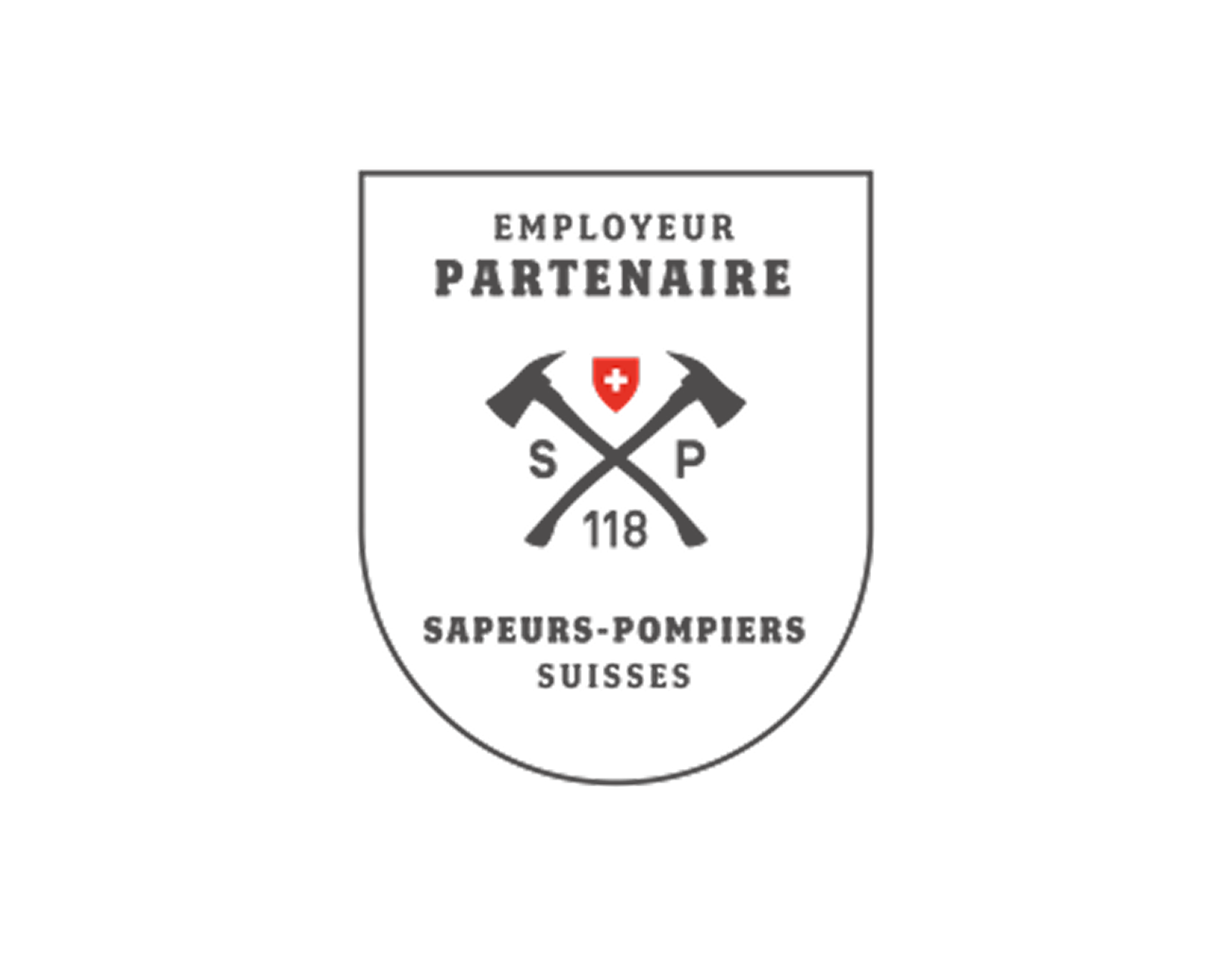
Need more details?
We’re here to help you with any questions, specific requests or support you may need. Please do not hesitate to contact us.
